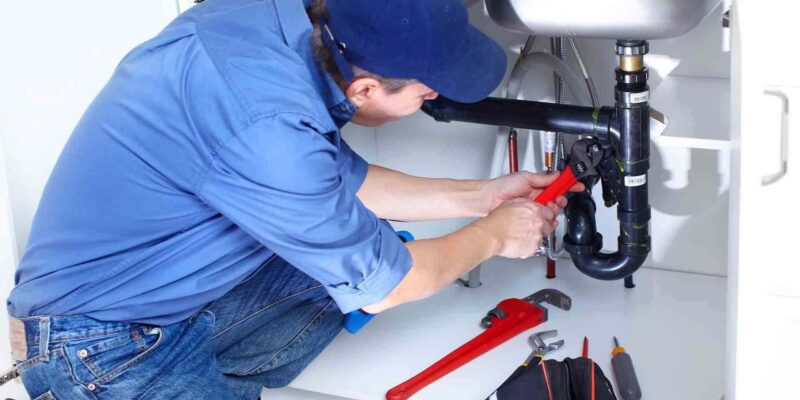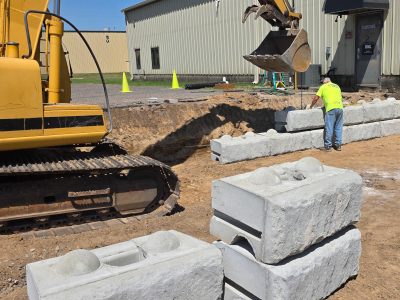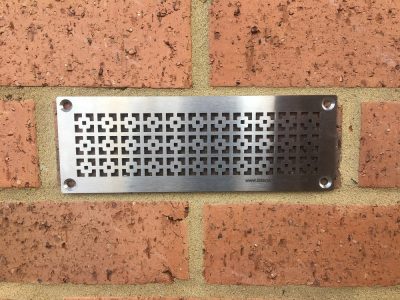Why Tankless Water Heaters Need Extra Attention
Tankless water heaters have become more popular because they offer endless hot water, take up less space, and use energy more efficiently. Even though they are built to last longer than traditional tank systems, they still need regular care to prevent mechanical failures. Many homeowners are surprised to learn that tankless units contain advanced parts, sensors, and heating elements that must all work together. When one piece starts to wear out or malfunction, the whole system can struggle. Understanding why these failures happen helps you know when to call a plumber before the damage becomes worse.
Tankless systems do not store hot water. Instead, they heat water instantly when you turn on a faucet. This means the unit works hard every time you use hot water. Over time, parts can become worn, especially in homes with hard water or heavy water use. If a tankless heater is not cleaned or maintained, it can develop issues that reduce performance or cause the system to shut down completely. By learning the common mechanical failures, you can take steps to keep your tankless water heater working smoothly.
Common Mechanical Problems Inside Tankless Units
One of the most common issues is mineral buildup. Hard water contains calcium and magnesium, which settle inside the heater and coat the heat exchanger. This buildup makes it harder for the unit to heat water, causing it to overheat or shut off. Another frequent problem is a failing flow sensor. The flow sensor tells the heater when water is moving through the system. If it becomes dirty or damaged, the heater may refuse to turn on even when the faucet is open.
The ignition system can also cause trouble. Tankless units rely on burners or electric heating elements to warm the water. If the burners become clogged, or if the ignition switch starts to wear out, the unit may struggle to fire up. This often leads to water that turns warm and then cold suddenly. Overheating sensors are another part that can fail. These sensors protect the unit by shutting it off when temperatures rise too high. If the sensor malfunctions, it can shut down the system even when there is no real danger.
Blocked air intake or exhaust vents can also cause mechanical issues. Tankless heaters need proper airflow to operate safely. If dust, debris, or pests block the vents, the system may overheat or stop working. Some units also develop wiring problems over time. Loose connections can interrupt the signal between the heater’s internal parts, causing random shutdowns or inconsistent water temperatures.
How Professionals Diagnose and Fix These Problems
Tankless water heater repairs require special tools and knowledge. Professionals start by checking for error codes on the unit’s display panel. These codes help identify which part is malfunctioning. A plumber may also clean the burners, test the sensors, inspect the wiring, and flush the system to remove mineral buildup. Flushing the unit is one of the most important steps because it removes hardened minerals that interfere with the heat exchanger. This process restores performance and prevents overheating.
If the flow sensor is faulty, a professional may clean it or replace it entirely. Ignition issues may require cleaning or replacing the burners. In some cases, the plumber will check the gas pressure or electrical connections to ensure the unit is receiving the proper power. If the air vents are blocked, they will clear them and inspect the vent system for damage. For overheating sensors or wiring issues, the plumber may replace damaged parts to keep the system safe and reliable.
Professionals also know how to adjust tankless heaters so they run efficiently. This includes setting the right temperature, testing the water pressure, and checking the venting. A trained plumber can find and fix problems that homeowners might never notice until the system stops working.
Why Routine Maintenance Matters
Tankless water heaters last longest when they are maintained regularly. Most units need to be flushed once a year, especially in areas with hard water. This prevents mineral buildup and keeps the heat exchanger clean. Cleaning filters, checking sensors, and testing the ignition system can also make a big difference. Homeowners who skip maintenance often see mechanical failures earlier than expected.
If you notice your tankless heater shutting off randomly, mixing hot and cold water, or displaying error codes, it is time to call a professional. Ignoring these signs can lead to bigger problems and may shorten the life of the system. As Jeff Whitaker from Phoenix Plumbing Pros explains, “Tankless water heaters work great, but they need regular care. Most failures come from small issues that could have been fixed early with a simple maintenance visit.”
With the right professional support, your tankless water heater can stay efficient and provide reliable hot water for many years.










Comments